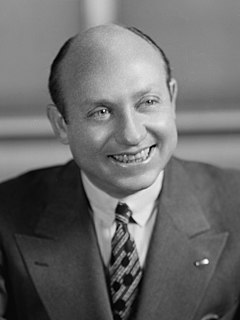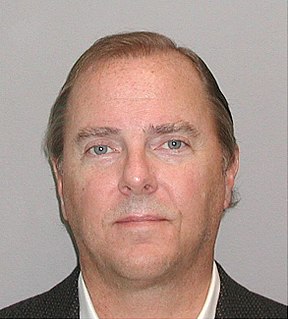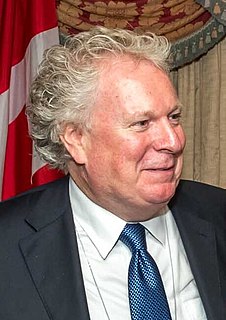A Quote by James Surowiecki
In confusing stock options with ownership, corporations confuse trappings with substance.
Quote Topics
Related Quotes
Some representatives of monopolistic capitalism, sensing this evil in their system, have tried to silence criticism by pointing to the diffused ownership in the great corporations. They advertise, "No one owns more than 4 percent of the stock of this great company." Or they print lists of stockholders, showing that these include farmers, schoolteachers, baseball players, taxi drivers, and even babies.
One of the proven ways of getting workers more involved with their jobs is by dovetailing employee profit-sharing and stock ownership plans with greater responsibility sharing... Trade unions in this country should... consider these arrangements much more carefully than they have up to now... Expanded employee profit participation and stock ownership would provide workers with a greater measure of economic and social independence, thus stimulating increased productivity.
Common hedging techniques include shorting stocks, buying put options, writing call options, and various types of leverage and paired transactions. While I do reserve the right to use these tools if and when appropriate, my firm opinion is that the best hedge is buying an appropriately safe and cheap stock.
































